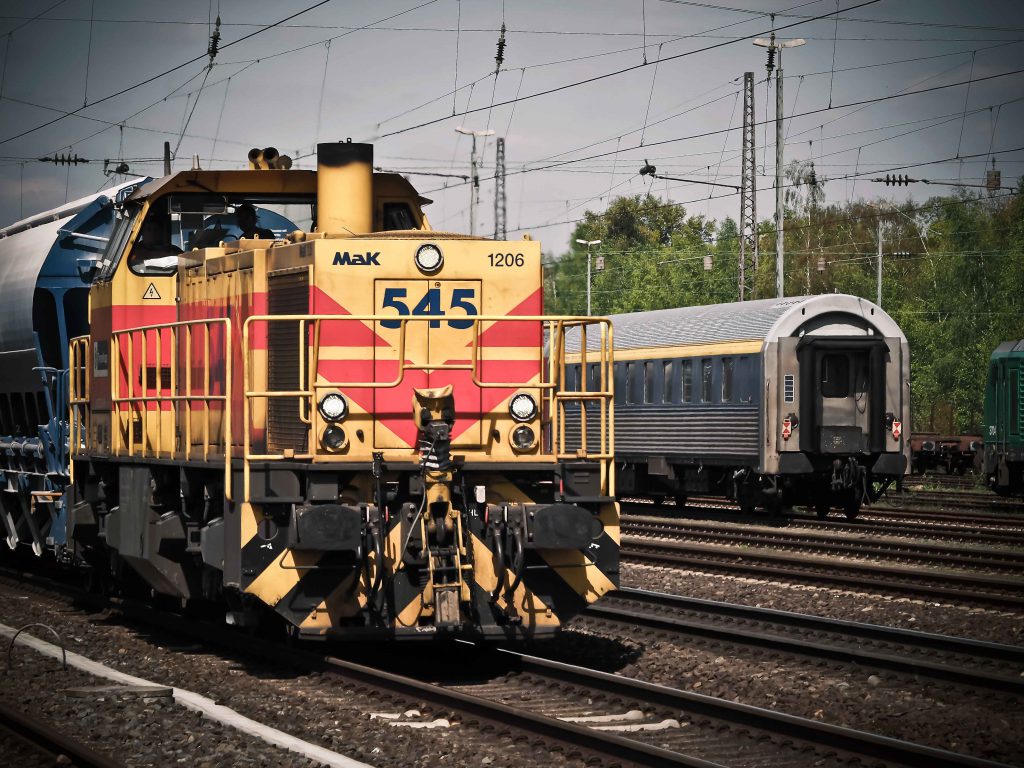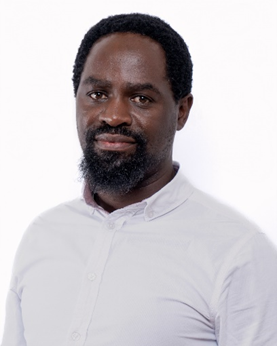Freight, Logistics and Warehousing
Stop Thief
There are many reasons why the prime freight rail line from Durban to Gauteng has seen its share of container haulage between the cities shrink from 45 per cent to 25 per cent of the total in recent years. One, says Herbert Msagala, Transnet chief executive for Growth and Diversification, is overhead cable theft. Msagala told an industry forum in Durban this April that the parastatal is hoping to address this issue so that services on the line will be fully operational by October.
Transnet Freight Rail (TFR) is currently setting up a war room in conjunction with SAPS to deal with surges in infrastructure theft, as well as recent acts of sabotage and vandalism on its key coal corridor. Apart from a rise in the theft of copper cables, TFR has also experienced an increase in incidents where batteries used to back up power supply to its signalling systems have been stolen. According to reports, the number of batteries stolen has climbed from about 5 000 units a year to 24 000.
Measures undertaken, Msagala says, include additional security guards recruited in theft hotspots, and dialogue held with the assistance of local traditional leaders.
More futuristically, the company is also deploying drones equipped with infrared imaging to catch cable thieves.
Transnet isn’t keen to share too many details, for fear of tipping-off potential criminals, but chief security officer Nndwakhulu Rambau does say that there’s no single approach on the whole line.
“Because of the stretch and length of the railway lines, security cannot stay in one place, they must keep moving, focusing mainly on troubled areas,” he says.
He added that a number of security technologies are being investigated. “These are measures that should take TFR to a future that will ensure business continuity and delivery as per our promise to the customer, as well as being in line with the fourth industrial revolution,” he says.
Rambau says that the cost to industry resulting from overhead cable theft amounts to millions of rands per year: “Cable theft affects the company’s operations, which can result in train delays and/or cancellations and volume losses, thereby impacting negatively on the country’s economy.”
No simple solution
According to Rambau, crime is a generic chronic problem in the country. “Some of the underlying causal factors, such as unemployment, poverty and inequalities, make the fight to curb cable theft a daunting task.
“There is no silver bullet solution to the issue, however, there are noticeable successes.”
Outgoing Eskom national spokesperson Khulu Phasiwe, who resigned from Eskom at the end of April, said that the cheapest way of dealing with cable theft is to rely on communities to report people they know or suspect to be thieves. He added that in terms of the new technologies, Eskom is currently replacing copper cables in its power distribution network with aluminium alloy cores, which have far lower resale value for criminals.
“Obviously it is going to take time to convert everything into aluminium because we have a distribution network of over 340 000km of wires, and you cannot remove everything all at once.” Right now, Phasiwe said, the company is focusing on replacing copper.
Between more modern materials and better security protocols, it’s hoped that more of South Africa’s critical infrastructure will be safe from crime. But only time will tell how effective they are.






 Sign-up and receive the Business Media MAGS newsletter OR SA Mining newsletter straight to your inbox.
Sign-up and receive the Business Media MAGS newsletter OR SA Mining newsletter straight to your inbox.